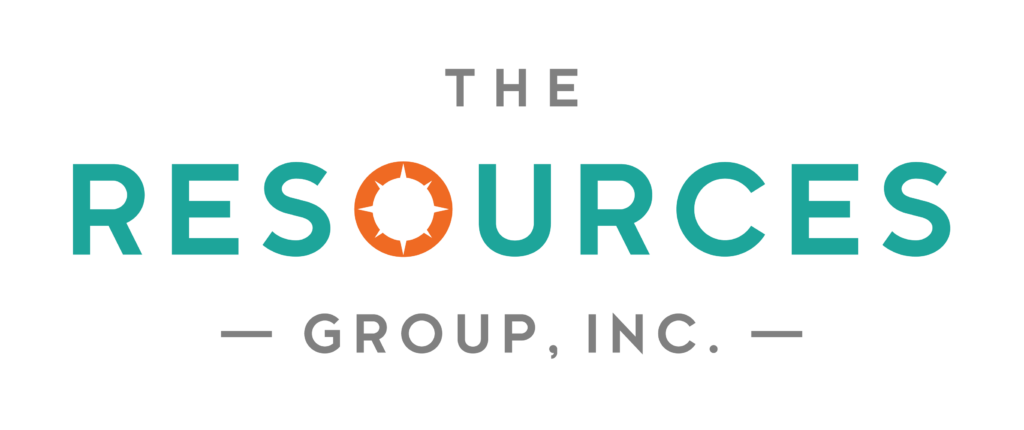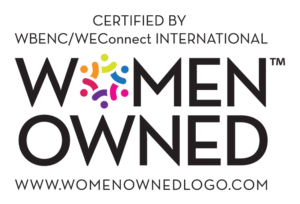
- Coaching, Diversity, Equity & Inclusion, Human Resources
Company culture is what truly drives mentorship programs
- The Resources Group, Inc.
There’s no doubt mentorship can be invaluable for the mentee and mentor. It also can be an integral part of employee engagement, talent development, and diversity, equity, and inclusion (DEI) efforts. In fact, 71 percent of people with a mentor say their company provides them with good opportunities to advance in their career, compared with 47 percent of those without a mentor, according to a CNBC poll. However, mentorship programs fall short all too often despite the best of intentions. When mentorship efforts begin to fizzle, avoid focusing on symptoms like ineffective pairings or inconsistent mentor-mentee meet-ups and instead look at workplace culture.
In reality, there are multiple elements of culture that can help or hinder mentorship. For example, it can be hard to demonstrate the vulnerability necessary to share struggles or bring problems to the table in individualistic and competitive cultures. In cultures where ongoing learning and development is not seen as important leadership behavior, it can be hard to find enough committed leaders to participate. And this lackluster participation from leaders has downstream impacts. It sends a message to employees that investing in their ongoing growth and development is not highly valued, which then impacts culture, engagement, retention, and more.
The link between mentorship and a culture that can support it has ripple effects. In a strong culture, mentorship programs can help maintain a psychologically safe workplace and reinforce talent development and DEI goals. But to be fair, mentorship programs alone cannot develop talent, especially if the culture doesn’t support it. What we do know, however, is that organizations that value and support a learning culture marked by psychological safety, inclusivity, collaboration, and knowledge sharing tend to have stronger and more sustainable approaches to mentorship.
In addition to having a culture that will support mentorship, having a program that will mesh in your organization is key. Consider how these different types of mentorship approaches could fit into your culture—how would they be perceived, supported, and sustained. While this isn’t an exhaustive list, this gives you a sense of the possibilities.
One-on-one mentoring – A more traditional form of mentoring where one mentor (typically someone further along in their career) and a mentee develop a relationship to help improve and achieve goals. Often, algorithm-based programs match mentors and mentees through similar interests and career paths.
Peer mentoring – This often involves mentoring with similar-aged and experience-level colleagues who support each other along their career journeys. These relationships can be long-lasting or for a defined period and can create a support system where people learn together and provide accountability in various areas.
Reciprocal mentorship – This was traditionally thought of as “reverse mentorship,” where a more junior co-worker mentors someone more senior. Today, reciprocal relationships are being formed across all dimensions of difference to share career knowledge, build support systems, and increase understanding across differences.
Outsourced mentoring – Using mentors outside your company can be valuable for mentees who need a greater sense of freedom to be more open about their workplace challenges without fear of retaliation.
Syncing mentorship with your culture
As you can see, mentoring isn’t a one-size-fits-all solution. In fact, in some cases, mentorship programs just don’t make sense, especially for small-sized companies. At TRG, we are a small company with a unique culture that allows for collaboration, flexibility, and offers a space to share knowledge and skills.
TRG is currently going through its own culture and DEI journey and considering how mentorship shows up in our culture today is an important consideration. While we haven’t implemented formal mentorship relationships, we have a strong learning culture. We are inclusive, highly collaborative, and build organic mentorship-like relationships all the time. We prioritize collaboration in how we work and create space to help engage every team member to learn from one another.
Tactically, we have peer learning sessions. This includes book clubs, podcast discussions, lunch learning sessions, all of which provide space for critical thinking and sharing. In our behaviors, we constantly challenge each other and raise each other up through our everyday work. While we do not have a formal mentorship program, our culture provides many of the same important outcomes. Everyone involved gains knowledge, skills, insights, deeper relationships, growth, and empowerment.
Part of the Equation
In the end, fostering a learning culture in your company is a constant evolution, and considering the role mentorship can play should be an integral part of that journey. We live during a time when things are constantly evolving, including company culture. Before pulling the trigger on a mentorship program, take time to understand where your culture is today and what can be done to create more space for inclusion, psychological safety, collaboration, flexibility, and knowledge sharing. If you’re going through a transformation within your company or looking to stand up an organization development initiative such as mentorship, let’s partner together to create sustainable solutions for your company.

